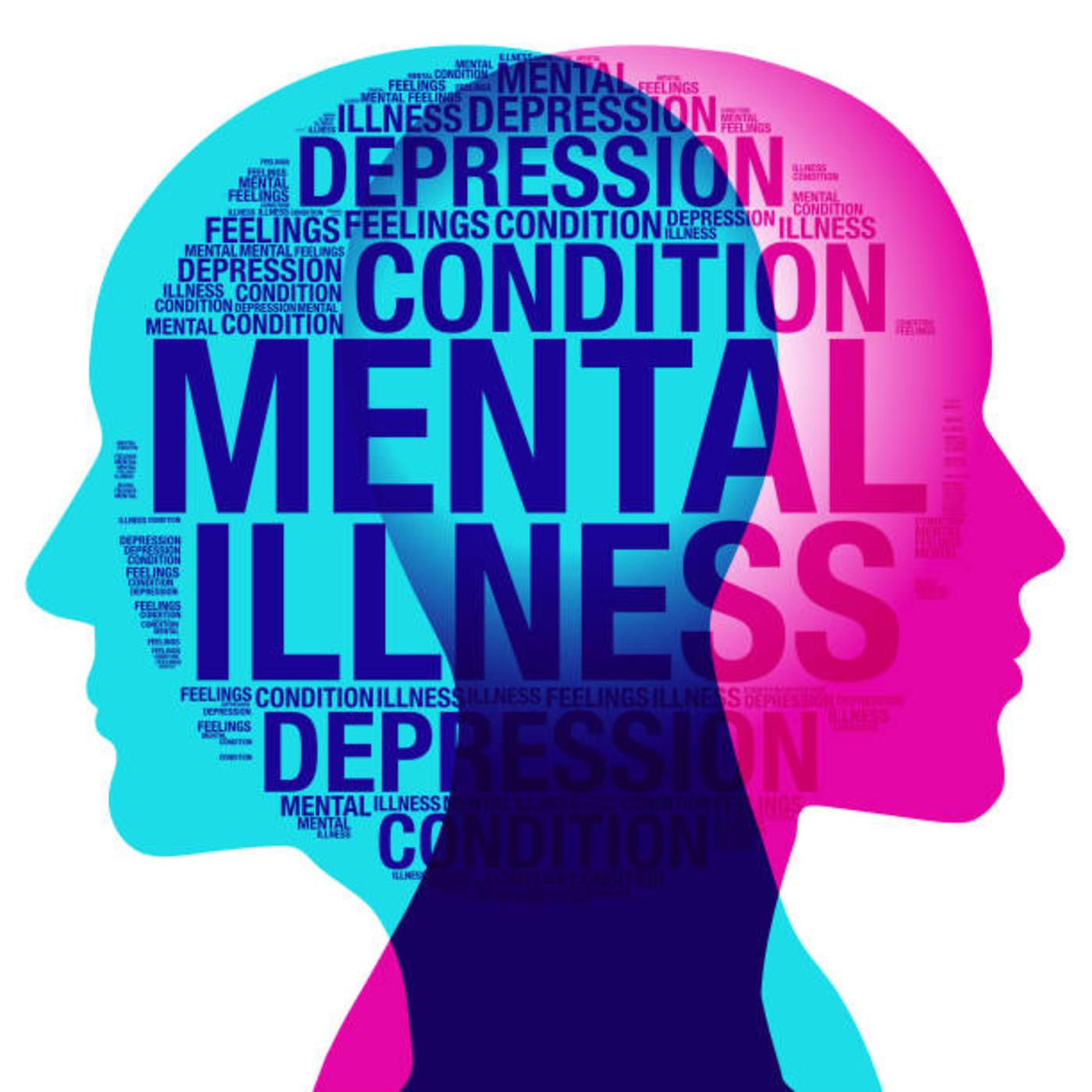When a person receives a blow to the head or body, the impact shakes the brain and causes some internal damage. The injury disrupts the brain’s neurons, which are responsible for transmitting information to different parts of the body. The neurons can stop functioning properly, which is what causes the symptoms of a concussion. People with a concussion may experience loss of consciousness, disorientation, and nausea. A person with a concussion may experience physical, cognitive, and emotional symptoms. The most common symptom is a headache. Research suggests that 86–96% of people will develop a headache after getting a concussion. People may also experience dizziness, balance disturbances, and confusion. Anyone with the symptoms of a concussion must seek medical attention. People with a concussion can experience a wide range of symptoms that affect their cognition, physical health, emotions, and sleep. Anyone with a suspected concussion should consult a doctor immediately. After experiencing a concussion, a person should rest for 2 days and then gradually return to normal activities. Most people begin to feel better within 1–2 weeks.(Credits: www.medicalnewstoday.com)


